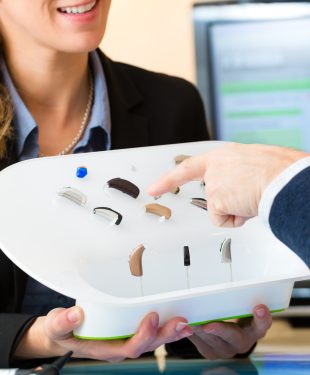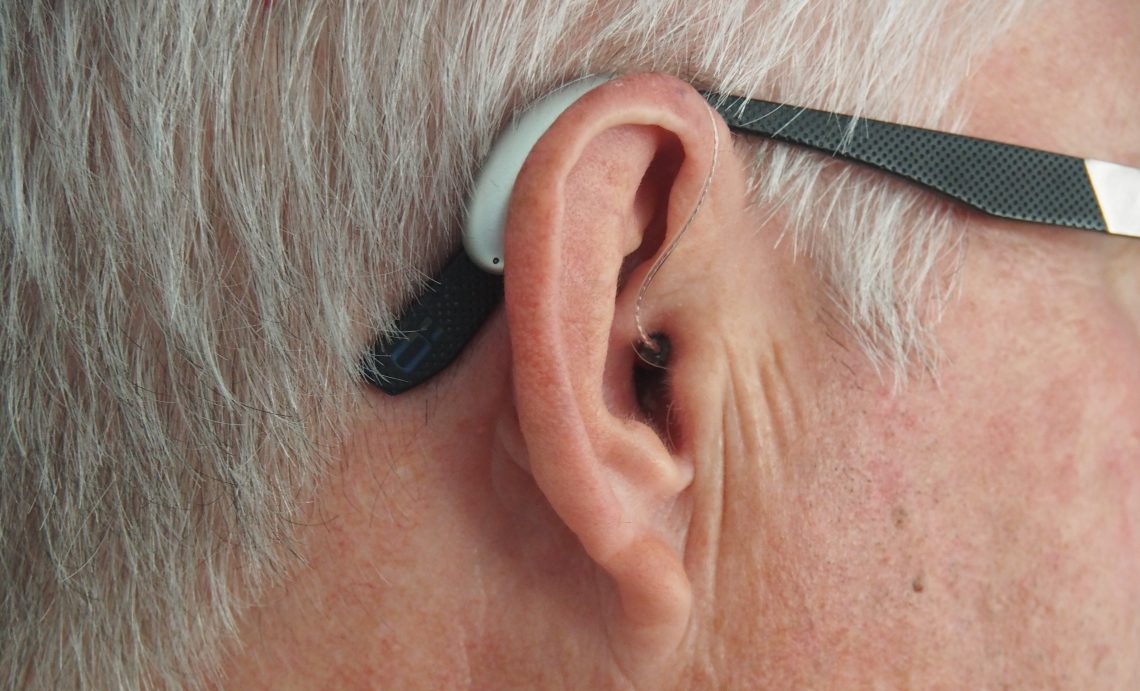Today we want to share tips on how to cope with age-related hearing loss. Hearing loss is a common problem that affects many older adults. Research indicates that 1 in 3 adults aged 65 and 74 have reported hearing loss. Admittedly, age-related hearing loss can cause difficulty communicating with others, social isolation, depression, and an increased risk of falling. Additionally, it can lead to cognitive decline and a decrease in overall brain function. It can also impact safety, as it is harder to hear warning signals such as smoke alarms, car horns, and emergency sirens. There are several practical ways to cope with hearing loss as you age.
- Invest in hearing aids
Hearing aids are essential, as they amplify sound and improve hearing. With them, you can hear and understand speech more clearly, making it easier to communicate with others. Also, you can maintain your independence and continue participating in activities you enjoy. Hearing aids can reduce the strain of trying to hear and understand speech, leading to less frustration and stress. They come in different styles: behind-the-ear, in-the-ear, and in-the-canal. Therefore, it’s essential to consult your audiologist for a more informed decision. Moreover, they can perform hearing aid programming to ensure that your devices are suited to your hearing needs.
- Get assistive listening devices
 Assistive listening devices can be leveraged with hearing aids to improve hearing in specific situations. Examples include telephone amplifiers, TV listening systems, and personal FM systems. Cochlear implants are also options worth considering. They are electronic devices surgically implanted in the ear and can help improve hearing in individuals with severe to profound hearing loss.
Assistive listening devices can be leveraged with hearing aids to improve hearing in specific situations. Examples include telephone amplifiers, TV listening systems, and personal FM systems. Cochlear implants are also options worth considering. They are electronic devices surgically implanted in the ear and can help improve hearing in individuals with severe to profound hearing loss.
- Speech and language therapy
Speech and language therapy can improve communication skills and limit the impact of hearing loss on daily life. For instance, you can learn lip reading and visual cues. Lip reading, also known as speech reading, is a skill that can be learned to help understand speech when hearing is limited. It is the process of interpreting visual information from the movements of a person’s lips to understand speech. Lip reading is often used with other forms of visual information, such as facial expressions and body language, to enhance understanding.
- Regular check-ups with an audiologist
Regular check-ups with an audiologist can help monitor the progression of your hearing loss and make adjustments to your hearing aids or other devices as needed. Experts advise seeing your audiologist yearly for the best results.
- Get involved in support groups
Joining a support group can be a great way to connect with others who have hearing loss. You can share your experiences and learn from others. Fortunately, several online resources can help you locate a support group closer to you, so feel free to leverage them.
It is important to remember that hearing loss is a gradual process, it can be frustrating and overwhelming, but with the right support, technology, and different strategies, you can learn to cope with it and continue to live a fulfilling life. Remember to stay positive and seek help from professionals if you need it.
Read more fashion articles at ClichéMag.com
Images provided by Flickr, Unsplash, Pexels, Pixabay & Creative Commons





